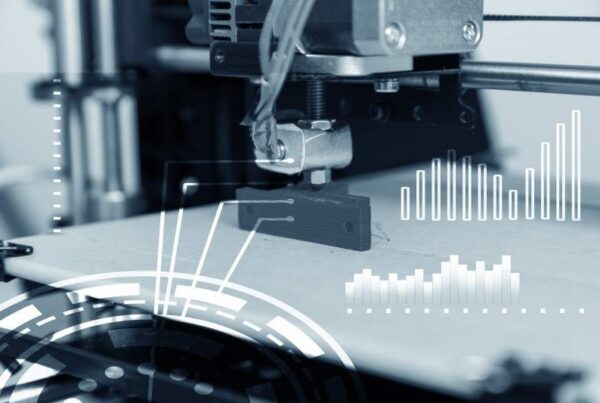The US Food and Drug Administration (FDA) and medical device manufacturers are concerned with the increasing hacking attacks on medical devices. In the past few years, millions of electronic health records (EHR)s have been compromised.
Medical devices like pacemakers and insulin pumps are vulnerable to attacks which worries the healthcare industry. The FDA is working preemptive actions with other agencies in case a serious medical device hack were to occur.
According to the Department of Health and Human Services (DHS), in 2015 more than 113 million personal health records were compromised. In 2016, Johnson & Johnson had to inform its customers about the vulnerability of insulin pumps causing a potentially fatal overdose of insulin if hacked.
Similarly, FDA told hospitals not to use Hospira’s Symbiq infusion pumps for the same reason. In 2013, hacker Barnaby Jack was to reveal the method he had discovered on how to take control of a pacemaker at a hacker conference in Las Vegas but died the night before.
As of now, there have been no known cases of medical device hacking causing patient harm. Hackers can access the entire hospital database by tapping into one weak point like an unsecured wireless printer misuse for ransom, altering medical records on allergies, prescription, dosage, diagnosis, etc. Incorrect information could be fatal for any patient.



